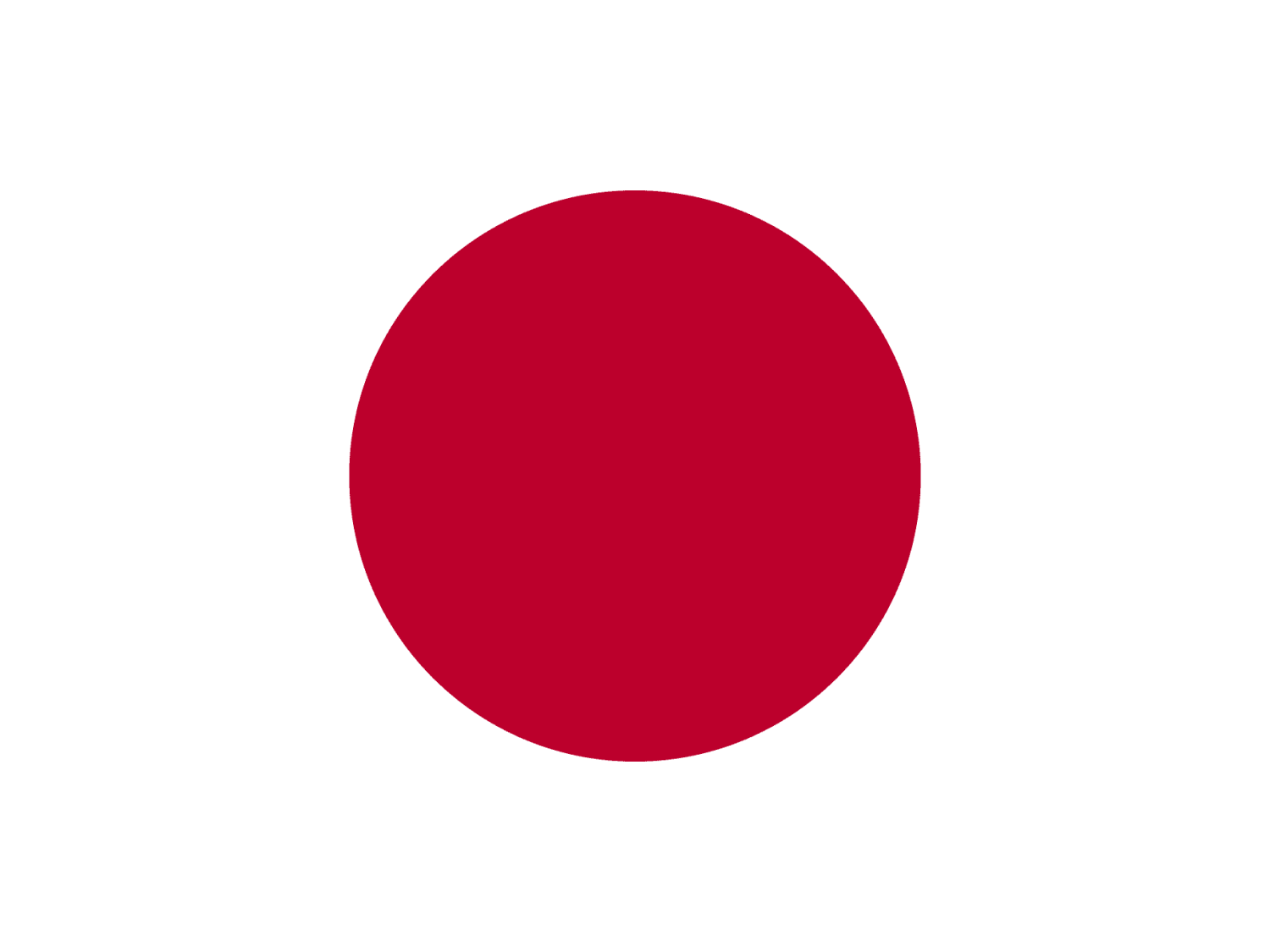Moving to Japan
Simply move better with reloqio
✔️ Get offers free of charge – No obligation, no worres.
✔️ Quality-tested partners – Reliable and experienced.
✔️ Selection in your region – Find the perfect offer and save up to 45%.

Overview
Introduction to Japan
Japan, an island nation in East Asia, is known for its rich cultural heritage, technological innovation, and striking natural beauty. From the bustling metropolis of Tokyo to the serene temples of Kyoto and the picturesque landscapes of Hokkaido, Japan offers a unique blend of tradition and modernity. The country is renowned for its safety, high standard of living, and efficient public services. However, Japan also faces challenges such as an aging population, high cost of living in major cities, and language barriers that can make life complex for expatriates.
Why Move to Japan
Moving to Japan offers the opportunity to experience a country that is at the forefront of technology while deeply rooted in tradition. Japan’s excellent public transportation, world-class healthcare, and emphasis on safety and cleanliness make it an attractive destination for expatriates. The country’s dynamic economy, particularly in sectors like technology, finance, and engineering, provides significant opportunities for professionals. However, expatriates should be prepared for challenges, including a high cost of living, particularly in cities like Tokyo and Osaka, and the need to navigate cultural differences and language barriers.
Cost of Living in Japan
The cost of living in Japan varies significantly depending on the location. Tokyo, Yokohama, and Osaka are among the most expensive cities in the world, with high costs for housing, dining, and education. Outside of these major urban centers, the cost of living is more affordable, but still higher than in many Western countries. Public transportation is efficient but can also be expensive, especially for long commutes. While Japan offers a high standard of living, expatriates need to budget carefully to manage expenses, particularly if living in one of the major cities.
Visa and Residency
Types of Visas
Japan offers several types of visas, including work, student, and dependent visas. The most common visa for expatriates is the work visa, which requires a job offer from a Japanese employer. The process involves submitting various documents, including proof of employment, educational qualifications, and sometimes a criminal background check. Japan also offers a Highly Skilled Professional (HSP) visa for qualified individuals, which provides additional benefits, such as longer residency periods. It’s important to ensure that all visa applications are complete and accurate, as the process can be stringent and time-consuming.
Requirements for Obtaining Residency
Obtaining residency in Japan typically starts with securing a work visa. Once in Japan, expatriates can apply for a residence card (Zairyu Card), which is required for all foreign residents staying longer than 90 days. This card must be carried at all times and is needed for various activities, such as opening a bank account or signing a lease. After living in Japan for several years, expatriates can apply for permanent residency, which requires a stable income, clean legal record, and long-term ties to the country. Permanent residency provides the right to live and work in Japan indefinitely without the need for visa renewals.
Renewing Residency
Renewing residency in Japan involves extending your work visa, which typically needs to be renewed every one to three years. The renewal process requires submitting updated documents, including proof of ongoing employment and income. It’s advisable to start the renewal process well before your current visa expires to avoid any lapses in legal status. Employers usually assist with the renewal process, but it’s important to stay informed about any changes in immigration laws and ensure all paperwork is submitted on time.
Finding Accommodation
Popular Neighborhoods in Japan
In Tokyo, popular neighborhoods for expatriates include Minato, Shibuya, and Roppongi, known for their international communities, modern amenities, and proximity to business districts. In Osaka, areas like Umeda and Namba are favored for their vibrant atmosphere and accessibility. Kyoto offers neighborhoods like Arashiyama and Gion, which are rich in culture and history. Housing in these areas can be expensive, but they offer access to international schools, healthcare, and cultural amenities. Outside the major cities, housing is more affordable, and neighborhoods are quieter, with a stronger focus on community.
Renting vs Buying Property
Renting is the most common option for expatriates in Japan, as the process of buying property can be complex and expensive. Rental properties range from modern apartments in city centers to traditional houses in suburban areas. Rental agreements typically require a security deposit, key money (a non-refundable gift to the landlord), and a guarantor. Buying property is possible for foreigners, and Japan has no restrictions on foreign ownership. However, the process involves significant financial commitment and understanding of Japanese property law. It’s advisable to work with a reputable real estate agent and legal advisor if considering purchasing property in Japan.
Tips for Finding Accommodation
When searching for accommodation in Japan, consider factors such as proximity to work, access to public transportation, and availability of amenities like schools, healthcare, and shopping centers. Working with a local real estate agent who understands the market and the needs of expatriates can be helpful. It’s important to inspect properties carefully before signing a lease, as the size and layout of Japanese homes can differ significantly from Western standards. Be prepared to negotiate rental terms, and ensure that all lease agreements are clear and legally sound. Given the competitive nature of the housing market in major cities, it’s advisable to start your search early.
Japan’s location in East Asia provides easy access to neighboring countries, offering ample opportunities for regional travel. For those interested in exploring the region, the cultural richness and modern cities of South Korea, the historical sites and natural beauty of China, or the tropical islands of Thailand are all within reach.
Settling In
Healthcare System in Japan
Japan has a highly developed healthcare system that is ranked among the best in the world. Public healthcare is available to all residents through the national health insurance system, which provides access to high-quality medical care at reasonable costs. Most expatriates are required to enroll in this system, which covers a significant portion of medical expenses. Private healthcare is also available, offering faster access to specialists and additional services, but at a higher cost. Japan’s hospitals and clinics are modern and well-equipped, with highly trained medical staff. However, language can be a barrier in some facilities, so expatriates may prefer to seek care at hospitals with English-speaking staff.
Education System in Japan
Japan offers a range of educational options for expatriate families, including public schools, private schools, and international schools. Public schools are well-regarded but typically require Japanese language proficiency, which can be challenging for expatriate children. Many expatriate families opt for international schools, which offer curricula based on British, American, or International Baccalaureate (IB) systems. These schools are mainly located in Tokyo, Yokohama, and Osaka, and are known for their high academic standards, though fees can be high. Early application is recommended, as spaces in international schools can be limited.
Cultural Etiquette and Customs
Japan is known for its deep cultural traditions, and understanding local customs is essential for expatriates. Respect for hierarchy, politeness, and group harmony are fundamental aspects of Japanese culture. Social interactions are often formal, with particular attention to manners, including bowing as a form of greeting and expressing gratitude. Gift-giving is an important part of Japanese culture, especially during holidays and special occasions, and gifts should be presented with both hands as a sign of respect. Additionally, punctuality is highly valued in both personal and professional settings. Adapting to these cultural norms will help expatriates integrate more smoothly into Japanese society and build positive relationships.
{filterable_table}
Ready for your move to Japan? Get free quotes now!
Enquire about moving offers here and get quick answers with cost estimates.
It only takes 2 minutes and you can save up to 45% on your move to Japan!
